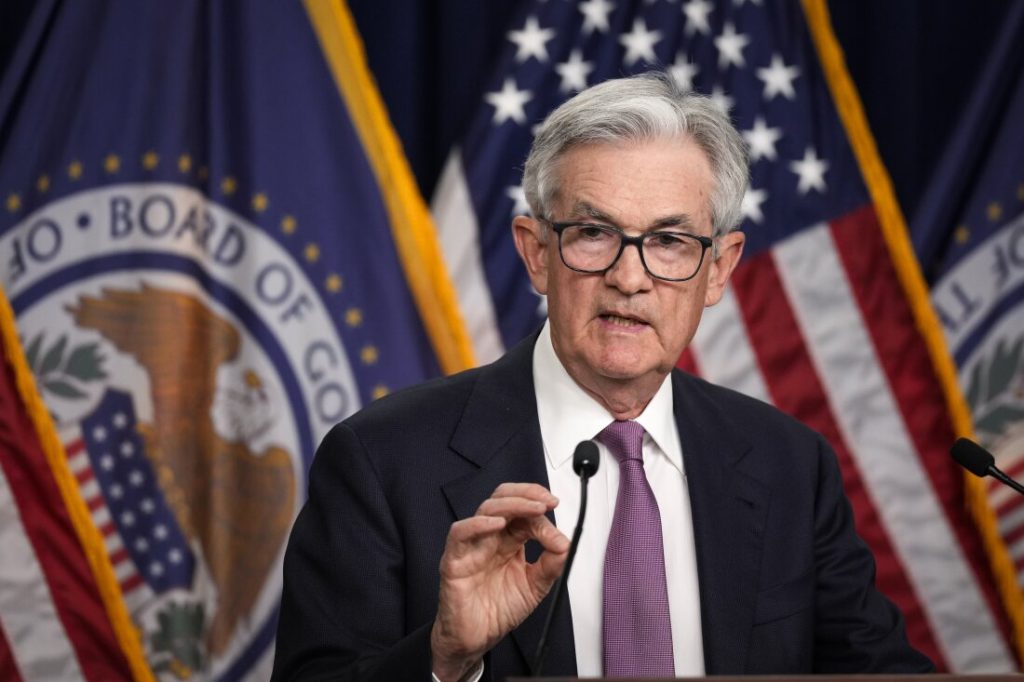The threat of President-elect Donald Trump imposing tariffs on America’s three largest trading partners is expected to raise prices, potentially leading the Federal Reserve to raise interest rates instead of decreasing them.
In a recent address in Dallas, Fed Chair Jerome Powell stated that it is too early to assess the impact of Trump’s tariff intentions on the US economy. Campaign rhetoric is one thing; implemented policy is another.
Trump, on the other hand, has stated that he will not waste time, threatening last week to impose 25% tariffs on Mexico and Canada, as well as an additional 10% charge on Chinese goods, on the first day of his second term on January 20.
Two potential developments they’ll consider will be whether retaliatory tariffs emerge from Trump’s plans, if enacted, and if Americans believe inflation will pick up.

According to CNN, two potential changes they will assess are whether Trump’s policies result in retaliatory tariffs, assuming they are implemented, and if Americans expect inflation to rise.
In 2018, the Fed imposed tariffs on foreign goods, including solar panels and washing machines, as part of the first Trump administration.
In one scenario, assuming retaliation for a 15% universal tariff, the Fed decided it was prudent to hike rates if Americans expected inflation to rise.
According to a declassified 2018 Fed memo discussing policy possibilities known as the “tealbook,” the Fed’s recipe for raising interest rates was a trade war and frightened consumers.


